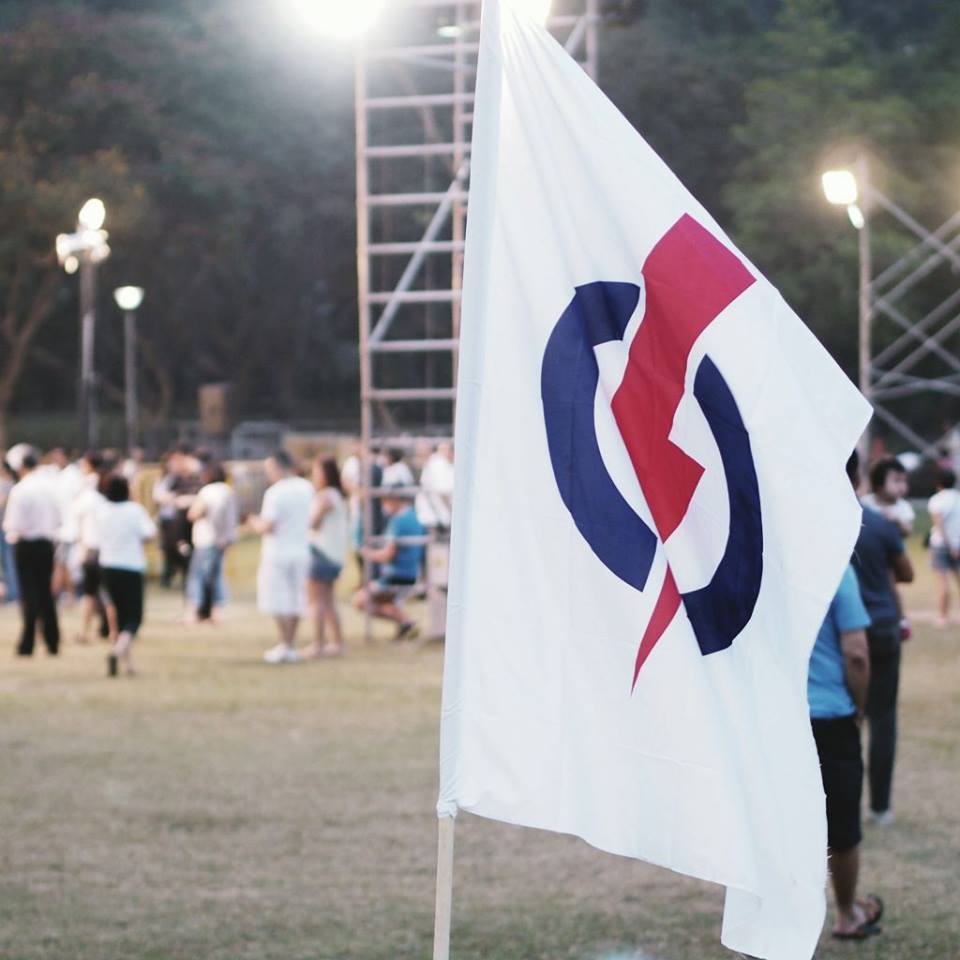“Nationalism” in the Decolonization of Singapore
August 6, 2018

As we rev up the red for National Day, Assoc. Prof. Albert Lau’s (Dept. of History) book chapter, “Nationalism” in the Decolonization of Singapore (2003), helps to recall the beginnings of nationalism in the Republic. Assoc. Prof. Lau details the development of an indigenous nationalism movement against British colonial rule in Singapore prior to its independence. The diverse ethnic, religious, and cultural immigrant communities populating Singapore then had little basis to unite. Coupled with a stable and favorable business climate under pre-World War II colonial rule, local desire for self-rule was limited.
In the 19th century, gang conflicts among the Chinese community tried to undermine colonial authority but the 1890 Societies Ordinance sent Chinese secret societies underground. Global political developments and nationalistic waves strengthened interest in independence prior to WWII. However anti-colonial movements remained marginal because of egalitarian treatment by the British and their recruitment of local collaborators to bolster British power. By the end of WWII, Britain’s humiliating defeat by Japan sparked desires for independence among most Singaporeans. Additionally, pro-British political figures and collaborators had lost their popularity, creating opportunities for new political parties to gain power. Furthermore, British crackdowns on the country’s growing number of left-wing groups and activities boosted anti-colonial sentiment among the public.
Assoc. Prof Lau adds that the British were behind-the-scenes power brokers in the lead up to Singapore’s independence and judged the moderate wing of the People’s Action Party (PAP) under Lee Kuan Yew as the local group “best equipped to safeguard British interests.”
To purchase the book, click here: https://nuspress.nus.edu.sg/…/the-transformation-of-southea…
